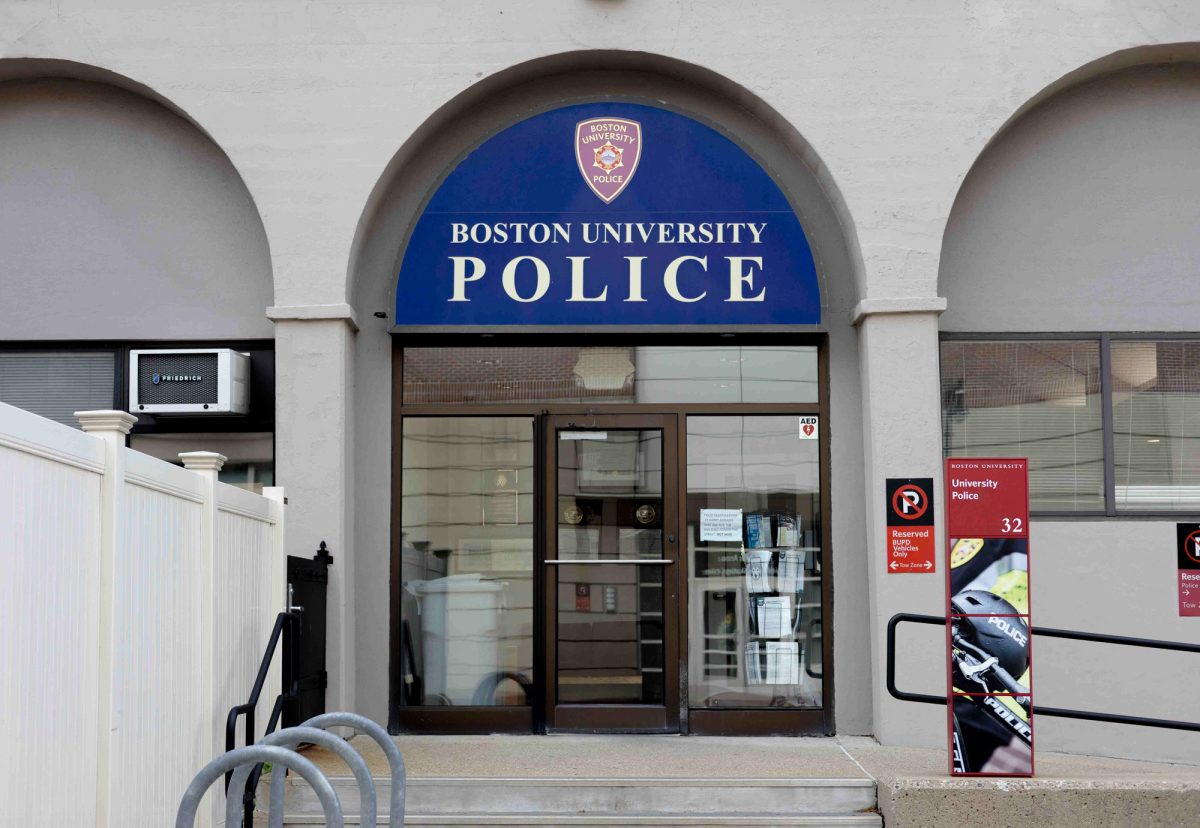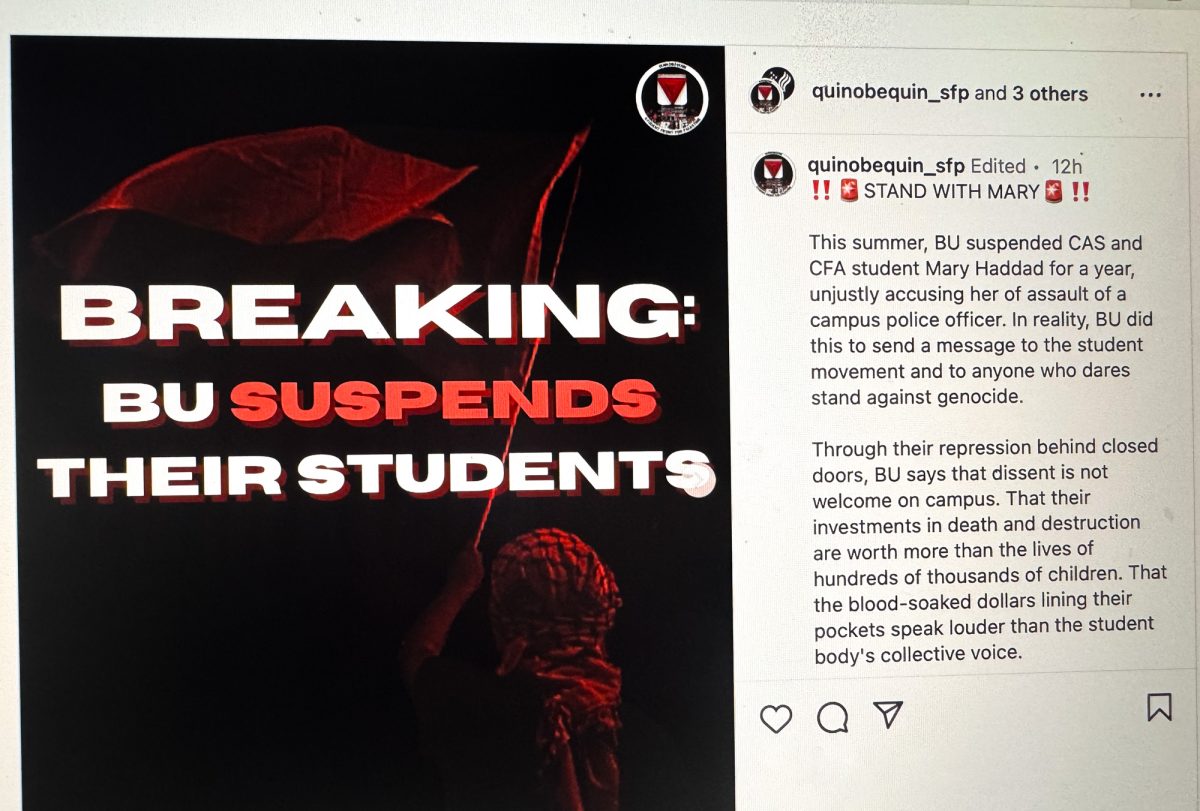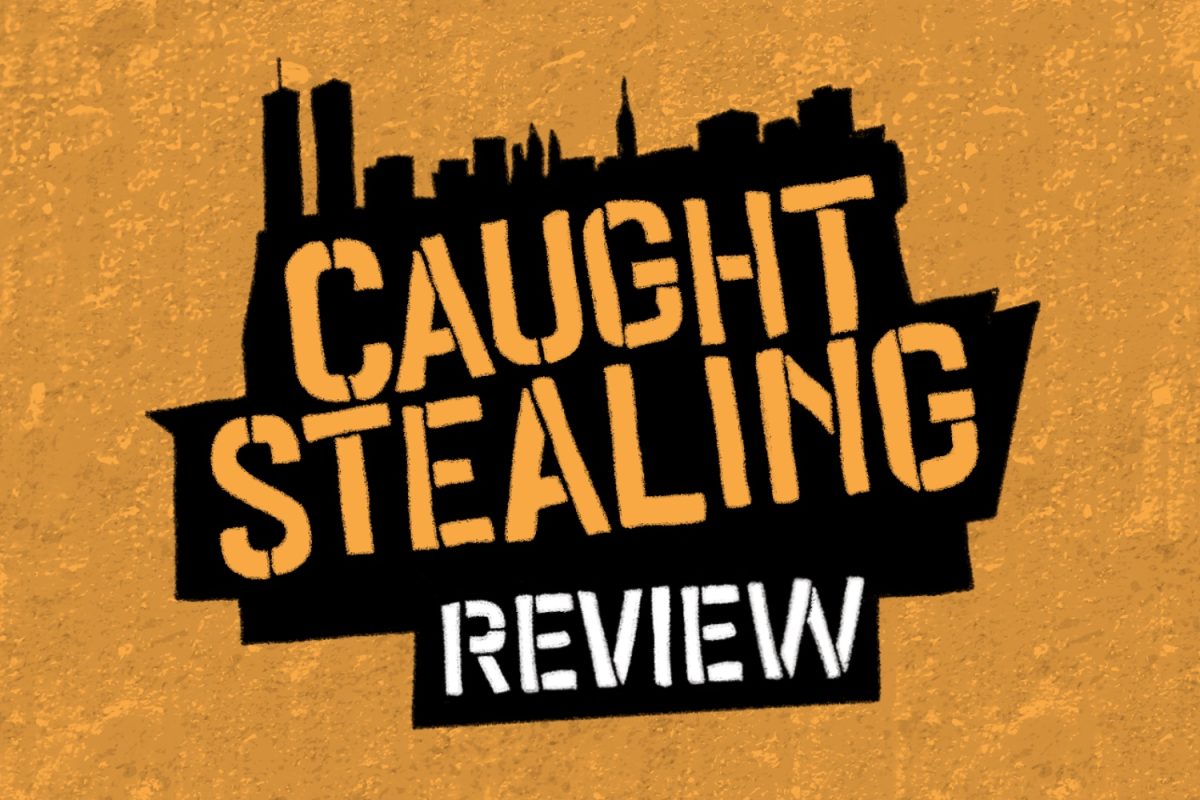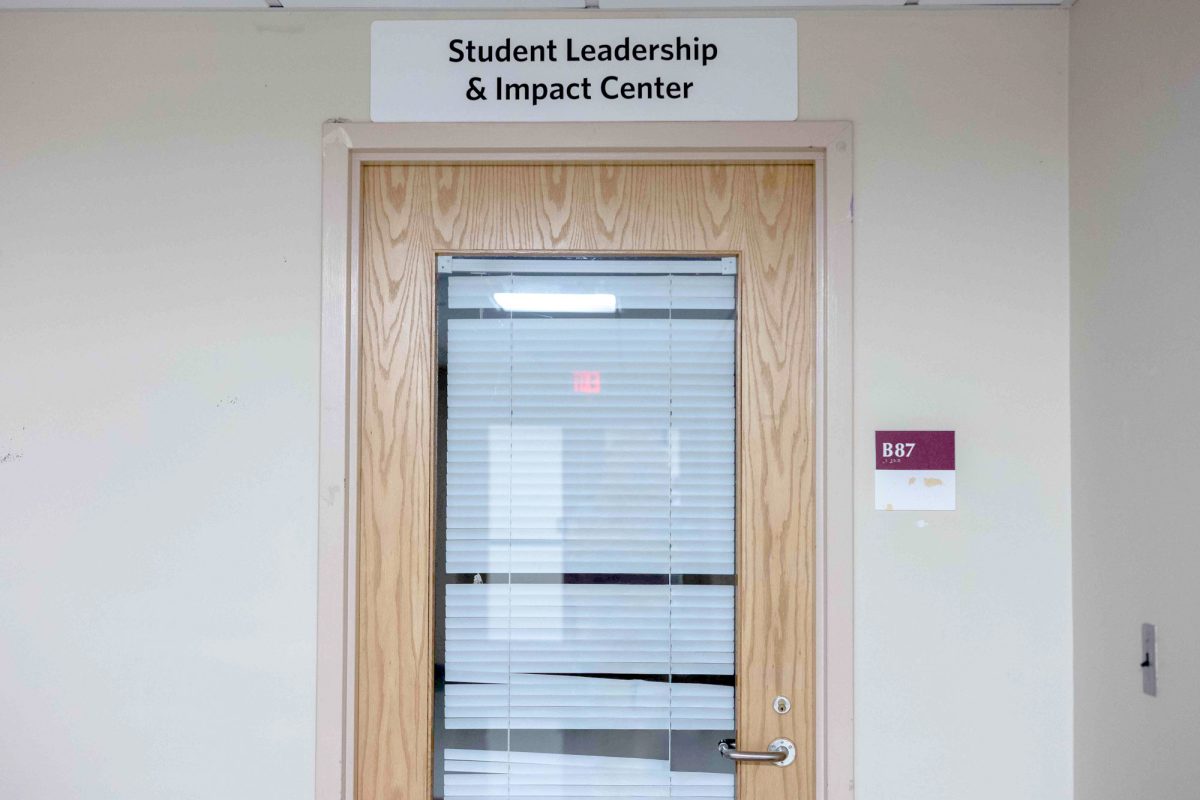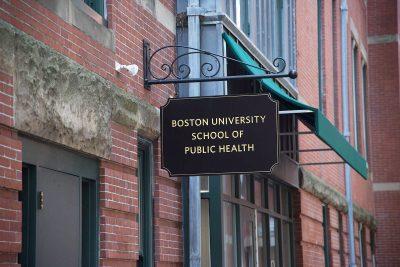
Boston University’s School of Public Health introduced their online, five part Mini-Master of Public Health program via SPH’s Public Health Exchange publication last week. Created by SPH professors, the courses are free and available to anyone.
The program is slated to take six total hours to complete, and participants can start and stop the program as they wish. It begins with the module “What is Public Health,” taught by Dean Sandro Galea.
Then participants move to a module created by Lisa Sullivan, associate dean of education at SPH and a professor of biostatistics. Sullivan’s module helps people “learn to evaluate and interpret data to make evidence-based decisions to improve health,” according to Public Health Exchange.
Sullivan wrote in an email that when creating their modules, she and her colleagues wanted to take information from courses required for an MPH degree and clearly present the key takeaways for program participants.
“We decided that each module would, in an hour, try to teach the learner some new terms, provide some foundational knowledge,” Sullivan wrote. “In my module, I focused on some measures to estimate disease burden – I didn’t focus on coronavirus because we are trying to make this program more evergreen.”
This pandemic, Sulivan wrote, brought the topic of public health to center stage, and she and her colleagues wanted to make sure people were informed.
“The mini-MPH was designed to provide people, anyone, with some background on public health – we are all hearing so much about public health with the global pandemic,” Sullivan wrote. “We felt that it was important to help people understand some of the details and complexities of public health.”
The program carries no credit and cannot be used toward any degree. Instead, it serves as a source of information and as an educational tool for the general population.
The modules were created in a number of days, Sullivan wrote, in order to get the program out before the end of national public health week.
“We created the modules in just a few days,” Sullivan wrote. “Our Office of Lifelong Learning, led by [Assistant Dean] Leslie Telallian, just jumped right in and worked extremely hard for less than a week and we were able to launch it. We wanted it to launch during public health week and with a lot of hard work, we were able to do so.”
The programs three remaining modules discuss leadership and management, health systems and policies and levels of public health. These are taught by Harold Cox, associate dean of public health practice, David Rosenbloom, a professor of health law, policy and management, as well as Sophie Godley, a clinical assistant professor of community health sciences, respectively.
While the coronavirus outbreak did in part stem the effort to put out this program, Sullivan wrote the modules hold knowledge applicable to more than just this pandemic and don’t solely focus on COVID-19.
“In my module I focused on some measures to estimate disease burden,” Sullivan wrote. “I didn’t focus on coronavirus because we are trying to make this program more evergreen.”
Sullivan wrote that she was happy to be part of the program and hopes that it stimulates a larger discussion around public health.
“I was excited to be part of this,” Sullivan wrote. “I think it is a valuable contribution to help others understand some of what is going on today, how the public health system works and why we need to invest in the public health system to ensure a healthier world for all.”





